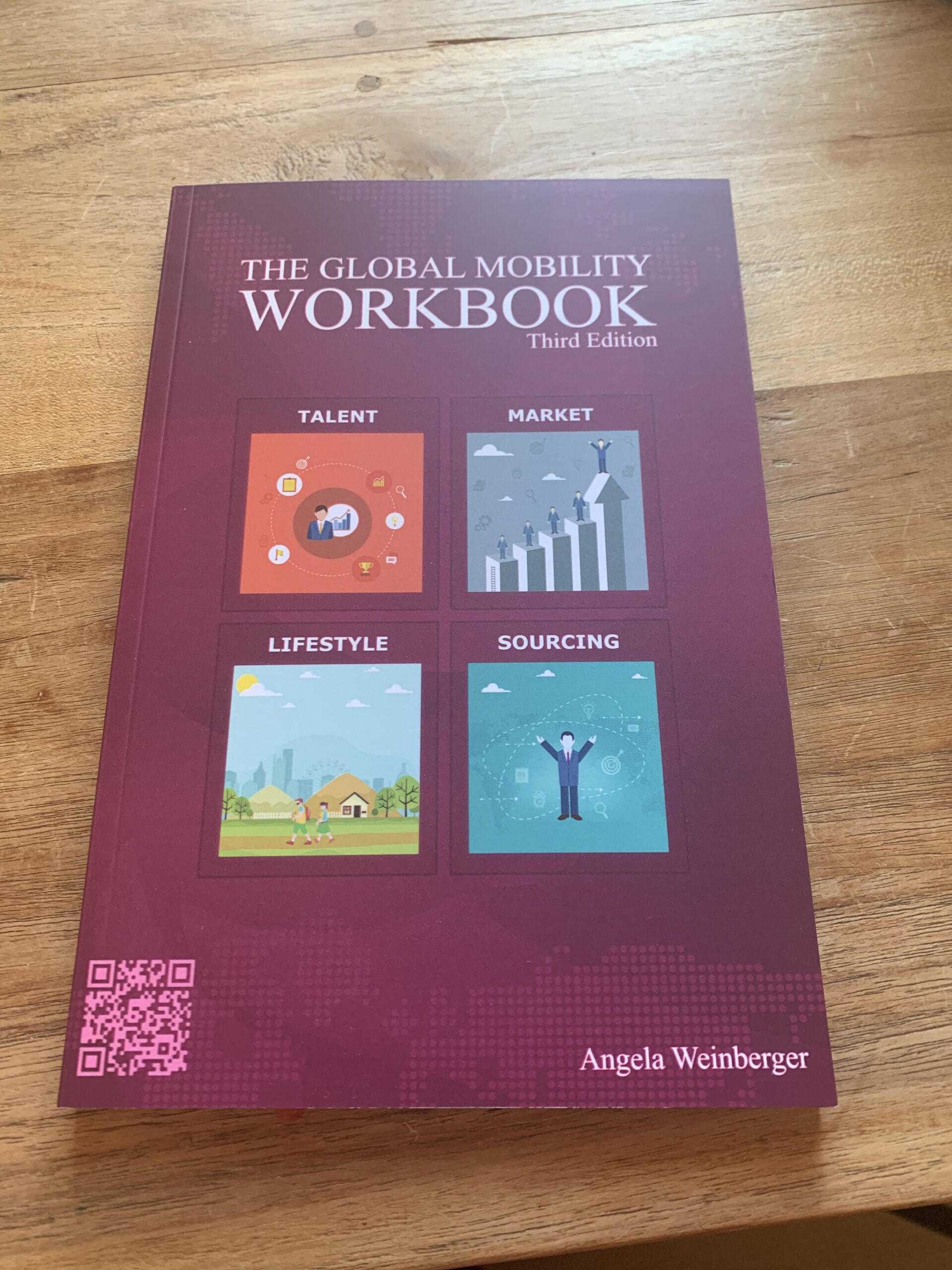Expat Selection in Global Mobility

Moving from Ad-hoc Hiring to a Global Sourcing Approach
Expat Selection is a myth and if you would like to select expats in a structured manner you better start with a few basic adjustments in your global sourcing process.
Succession Planning as a Basis for Expat Selection
Succession Planning should guide the individual development plan, the international assignment business case, and the transition plan. I advise thinking about the international assignment from the end. Start to think about the next role before you discuss the international assignment business case with the assignment targets and cost projection. In other words, find a position the assignee could fill after the assignment in your succession plan. Most companies only have a succession plan for the top 10% of their positions but what about the other 90%?
Use your Nine-Box Grid wisely
In order to have a good succession plan in place companies often use an extensive talent selection process that is usually based on the nine-box grid. The nine-box grid helps to decide where your candidates are within your talents. Usually, the key talents would be found in the 3,3 box or A-category. In multinationals, A-candidates often fill market assignments, B-candidates sourcing assignments, and C-candidates talent assignments. Depending on your main Global Mobility drivers, you could consider D-candidates for lifestyle assignments and sometimes even for sourcing assignments.
Data-driven decisions
Generally, there is no best practice for expat selection. The reality I often see is that the current assignee has already left. The HR Business Partners or Talent Managers run around screaming “Hello? Anybody out there?” and the first good candidate who raises the hand is accepted. Then because it is already late in the process and the position has been vacant for too long, this candidate negotiates a fantastic package. As there is usually no structured global sourcing process in place you might want to follow the next step to develop a data-driven decision about your assignees rather than a purely network-driven decision.
Interview at least three candidates per role
Make it a point to shortlist more than three candidates per role and where possible look for a diverse selection of candidates. Open all jobs up to C-level on a global job board so candidates can also nominate themselves.
Check the local market before hiring an expat
Before you reach out to the global candidates or headquarters try to hire from the local market. An expat should be the last solution to consider, not the first especially if there is a high likelihood that you are looking for a specific skill set.
Base selection on hard skills
I’m often surprised on what basis expats are chosen for a role. You need to match their hard skills to the profile you are looking for. Treat them as if they were an external applicant and be critical of their self-assessment. Have a standardized assessment or test in place for critical skills.
Only chose high performers
If a person is a medium or low performer they will certainly not perform better in a country where they do not understand the culture and where they do not have a network. A high performer in the home country will in my experience perform one point less in the host country in the first year. Often expats go down from 3 to 2 in the nine-box grid, or from 4 to 3 on a 5-point scale.
Assess their intercultural competence
Candidates might be great on their home turf but could fail in a cultural context that does not suit them. You could have the intercultural competence of your expats tested. There are various assessment tools in the market and they could help with your choice.
Take the Expat Spouse into account
If the assignee is married or in a partnership, you could obtain a pre-hire assessment for the spouse. Often, the spouse is neglected in the process and the issue of the spouse not finding employment is only raised when the expat family is desperate and unhappy in the host country. As a modern employer, you should assume that the expat spouse is key to the success of the assignment and therefore needs to be on board from the start.
Learn about the particular needs of the Expat Family early on
You could have the best selection process, and a fantastic candidate, and waste a lot of time because the needs of the family have not been met. For example, if the candidate has a child with support needs you should know if the host country has a school that adheres to those needs. Also, if there is an olderly relative to consider, you should have an idea of how to tackle this situation. You could discuss a special roster with extended home leave or an additional bedroom. You would need to check if you can obtain a residence permit for the extended family members too.
If you have any questions on succession planning and expat selection in Global Mobility you can email or message me.
Angie Weinberger
PS: This post is a chapter from the third edition of “The Global Mobility Workbook”.

